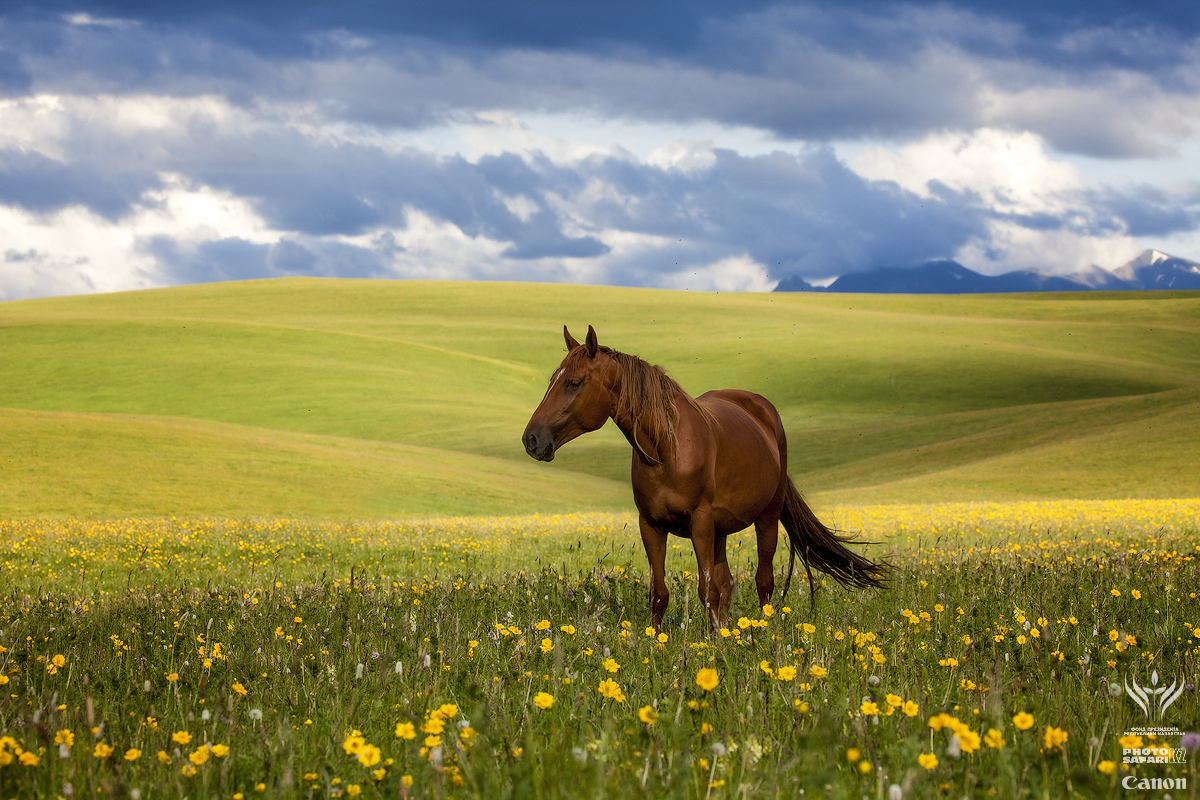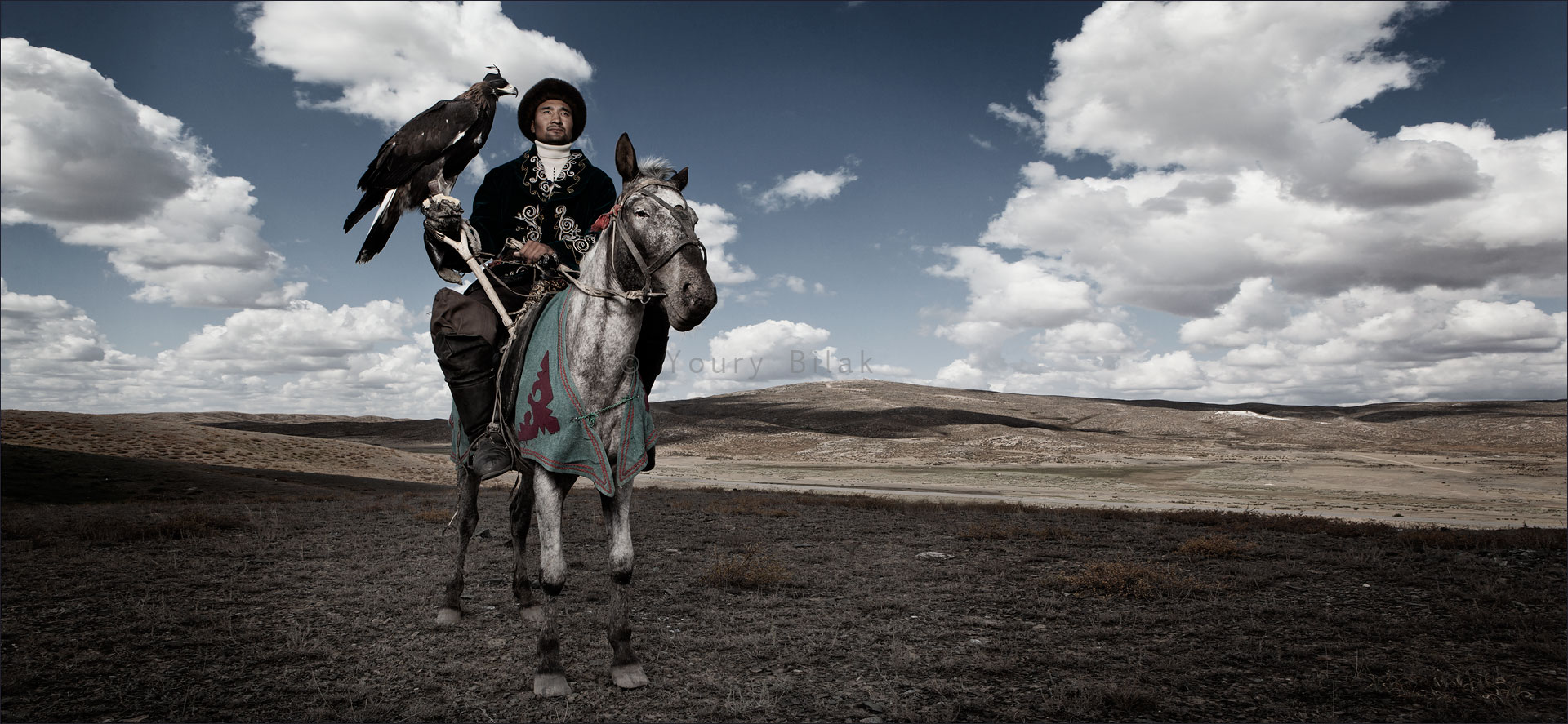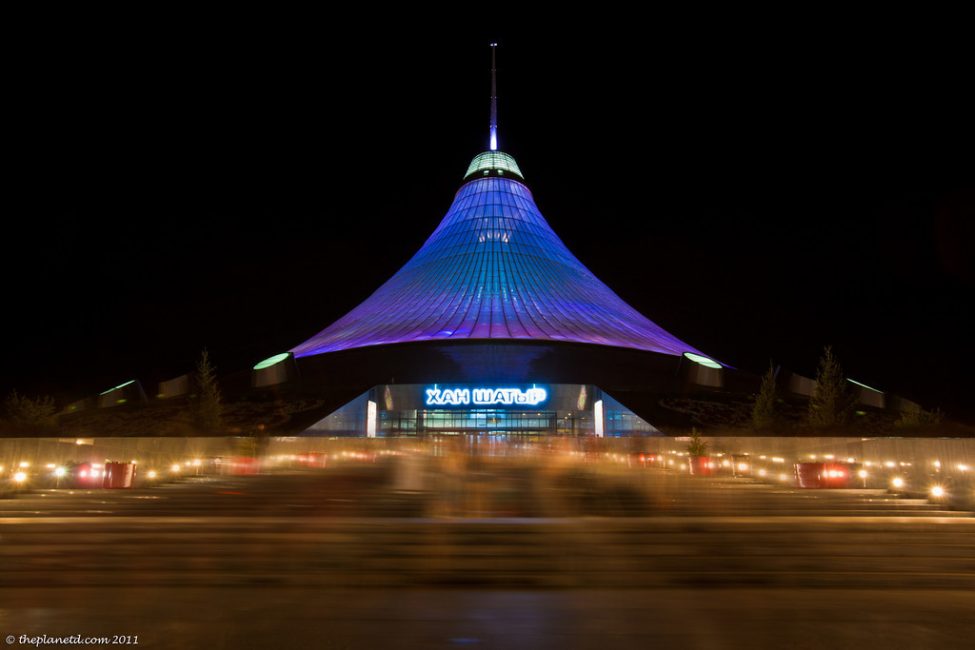.
.
.
It's Nice!' Actually Real Life Kazakshtan Is Nothing Like Borat-Land
The joke was always on you. Kazakhstan is a dynamic place and modernizing fast
 No, not a architects design concept on the drawing board, but the reality of the new capital City, Astana.
No, not a architects design concept on the drawing board, but the reality of the new capital City, Astana.
Let’s face it, no one but a few geographic whiz kids and jet setters
knew where Kazakhstan was in 2006, let alone how to pronounce it. Is it
Kazakhstan, emphasis on the “ahh” in the first “a”? Or is it more like
“Kazakistan”? It’s the former, by the way. For most of us normals out
there, the only time we heard about the place outside of a grade school
text book was when British comedian Sacha Baron Cohen introduced it to
us via his character Borat.
.
.

It wasn’t a flattering first
impression. The mass marketing of the fictional Kazakhstan showcased a
country full of anti-Semitic subsistence farmers. Besides bigotry, the
only other problem the country had was logistics, apparently.
.
And we bought it. The world bought it. Borat was Kazakh. We loved him. The country, on the other hand, was depicted as an old Soviet backwater. Sure, Borat was make-believe, but the country was real. It must be just like this!

The government of Kazakhstan had mixed feelings about Borat, seen here in this still from the 2006 movie trailer starring comedian Sacha Boran Cohen. It thanked the film makers for boosting tourism to the country. But then its government went on the defensive, trying to prove to the world that Kazakhstan was not Borat. A decade later, and investors have definitely taken notice.
 For
the past 9 years, the Kazakhstan government has spent time and treasure
lobbying the western world against Borat. To those who have been there,
the government is not embarking on some sort of false advertising
campaign. It’s now known more for what its government is doing to
modernize the economy than what Borat did to make it the funniest
country no one’s ever heard of.
For
the past 9 years, the Kazakhstan government has spent time and treasure
lobbying the western world against Borat. To those who have been there,
the government is not embarking on some sort of false advertising
campaign. It’s now known more for what its government is doing to
modernize the economy than what Borat did to make it the funniest
country no one’s ever heard of.
.
The government has followed in the footsteps of Russia, post-Soviet Union. It’s a few years behind them, policy wise, but it is letting its currency, the tenge, free-float against the dollar and euro now. Russia started this last year.
 Its market is open to investors.
It’s implementing institutional reforms to make it more capitalist
friendly. And speaking of friendly, its government, led by the
authoritarian ruler Nursultan Nazarbayev, likes Russia; likes China and
Nazarbayev likes the United States and Europe, too. In other words,
along the new Silk Road that China wants to create, Kazakhstan has the
promise to be something special. If it plays its cards right, it can be
the Silk Road Switzerland.
Its market is open to investors.
It’s implementing institutional reforms to make it more capitalist
friendly. And speaking of friendly, its government, led by the
authoritarian ruler Nursultan Nazarbayev, likes Russia; likes China and
Nazarbayev likes the United States and Europe, too. In other words,
along the new Silk Road that China wants to create, Kazakhstan has the
promise to be something special. If it plays its cards right, it can be
the Silk Road Switzerland.
.
Of course, that’s wishful thinking. This is still a relatively poor country with a lot of land, and not a lot of people, and only two significant cities – Astana and Almaty. But here is what Kazakhstan has managed to become post-Borat: the best of the old Soviet states that hasn’t gone Euro. It is the only Soviet ‘Stan in the MSCI Frontier Markets Index, which is not likely to change anytime soon. For guys who like putting money to work in exotic places, Kazakhstan “is nice!”
.
Ilya Brodsky likes it so much, he’s launching a new investing product focused on the country. Brodsky is head of private equity at Moscow-based Specialized Research and Investment Group. They’re putting together a fund with a large European development bank to buy into traditional and green Kazakhstan energy projects.
.
“It’s a good country, actually,” says Brodsky, who could not reveal the bank’s name on the record because the first round of the fund had not yet closed. “They are implementing reforms and trying to imitate the Russia story. I like to think of it as Russia in the year 2000,” he says during a lunch interview just outside of Red Square in Moscow. “When you look at the other Russian satellites, this is so much better than all the others. Look at Ukraine. Changes are happening, but it is poor. It’s in rough shape. Kazakhstan is a much better story.”

Nazarbayev: Take That, Borat!
. It’s as if Nazarbayev has spent the past decade trying to prove that Kazakhstan was not full of Borat’s.
It’s as if Nazarbayev has spent the past decade trying to prove that Kazakhstan was not full of Borat’s.
.
On July 27, the General Council of the World Trade Organization accepted it as a member of the club. Since 2006, the year the Borat movie put Kazakhstan on the layman’s world map, the country has brought in around $185 billion in foreign investment as of the end of 2014, most of it coming from Italy, Russia, the U.K., France, China, Switzerland and the U.S. Corporations are mostly pumping money into mining operations, oil and gas, and manufacturing. Siemens is there. So is Microsoft. Americans don’t need a visa to travel to the country. They need one to get into Russia, though.
.
Good luck with that, by the way.
.

And we bought it. The world bought it. Borat was Kazakh. We loved him. The country, on the other hand, was depicted as an old Soviet backwater. Sure, Borat was make-believe, but the country was real. It must be just like this!

The government of Kazakhstan had mixed feelings about Borat, seen here in this still from the 2006 movie trailer starring comedian Sacha Boran Cohen. It thanked the film makers for boosting tourism to the country. But then its government went on the defensive, trying to prove to the world that Kazakhstan was not Borat. A decade later, and investors have definitely taken notice.

.

The government has followed in the footsteps of Russia, post-Soviet Union. It’s a few years behind them, policy wise, but it is letting its currency, the tenge, free-float against the dollar and euro now. Russia started this last year.

.

Of course, that’s wishful thinking. This is still a relatively poor country with a lot of land, and not a lot of people, and only two significant cities – Astana and Almaty. But here is what Kazakhstan has managed to become post-Borat: the best of the old Soviet states that hasn’t gone Euro. It is the only Soviet ‘Stan in the MSCI Frontier Markets Index, which is not likely to change anytime soon. For guys who like putting money to work in exotic places, Kazakhstan “is nice!”
.

Ilya Brodsky likes it so much, he’s launching a new investing product focused on the country. Brodsky is head of private equity at Moscow-based Specialized Research and Investment Group. They’re putting together a fund with a large European development bank to buy into traditional and green Kazakhstan energy projects.
.

“It’s a good country, actually,” says Brodsky, who could not reveal the bank’s name on the record because the first round of the fund had not yet closed. “They are implementing reforms and trying to imitate the Russia story. I like to think of it as Russia in the year 2000,” he says during a lunch interview just outside of Red Square in Moscow. “When you look at the other Russian satellites, this is so much better than all the others. Look at Ukraine. Changes are happening, but it is poor. It’s in rough shape. Kazakhstan is a much better story.”

Nazarbayev: Take That, Borat!
.

.

On July 27, the General Council of the World Trade Organization accepted it as a member of the club. Since 2006, the year the Borat movie put Kazakhstan on the layman’s world map, the country has brought in around $185 billion in foreign investment as of the end of 2014, most of it coming from Italy, Russia, the U.K., France, China, Switzerland and the U.S. Corporations are mostly pumping money into mining operations, oil and gas, and manufacturing. Siemens is there. So is Microsoft. Americans don’t need a visa to travel to the country. They need one to get into Russia, though.
.
Good luck with that, by the way.